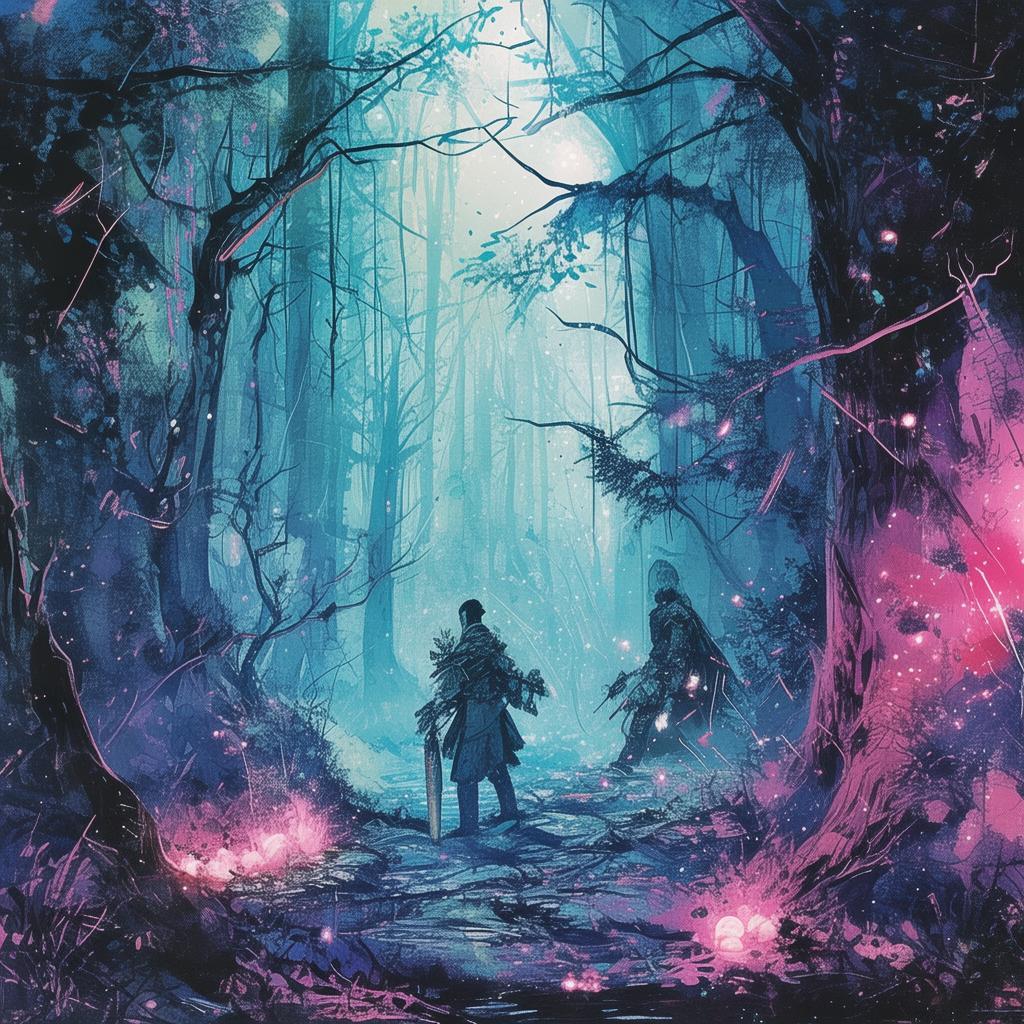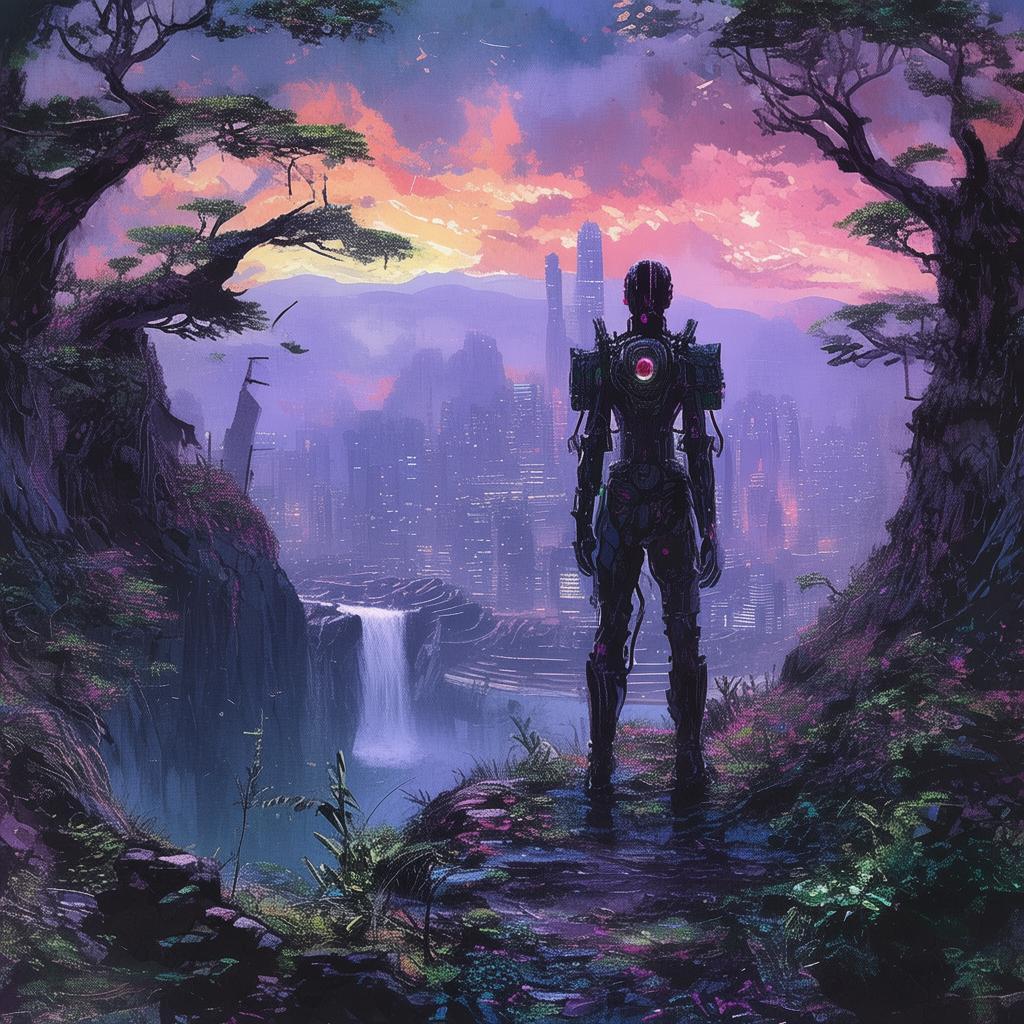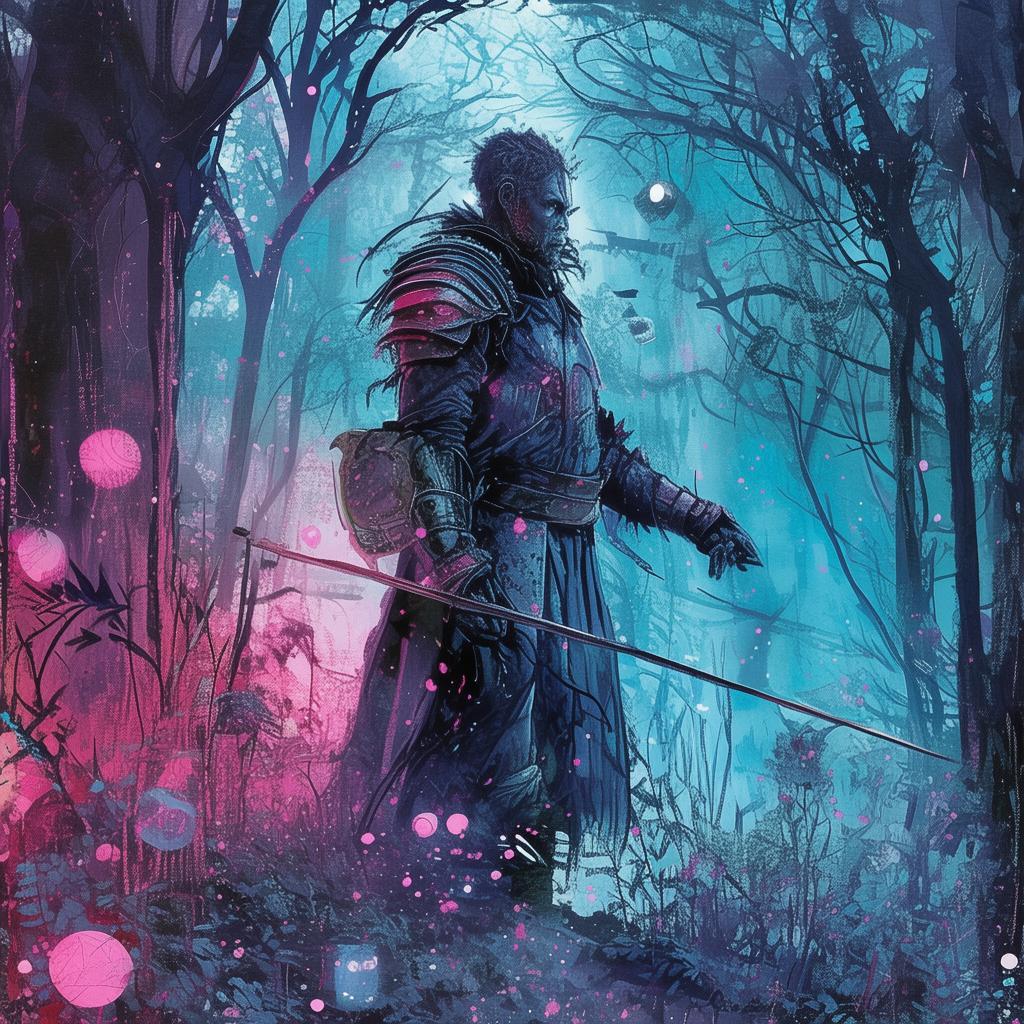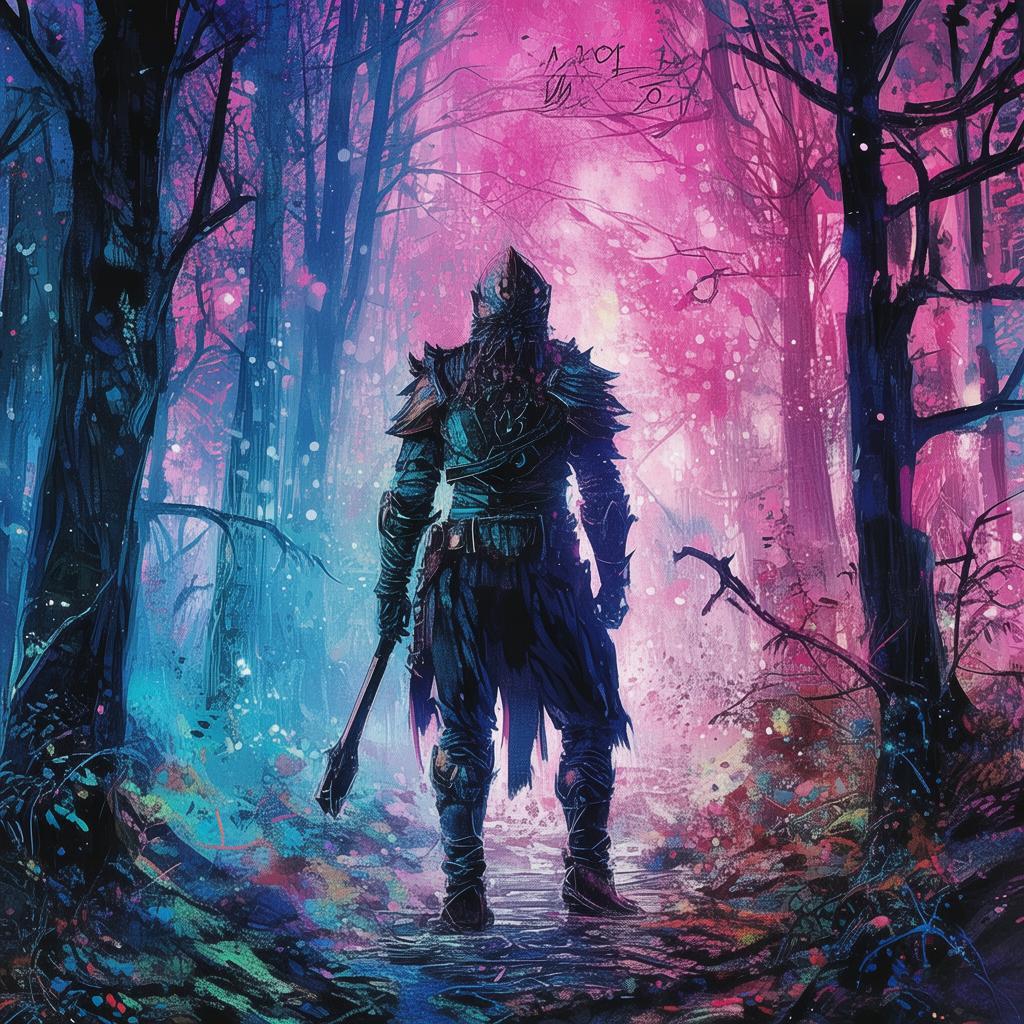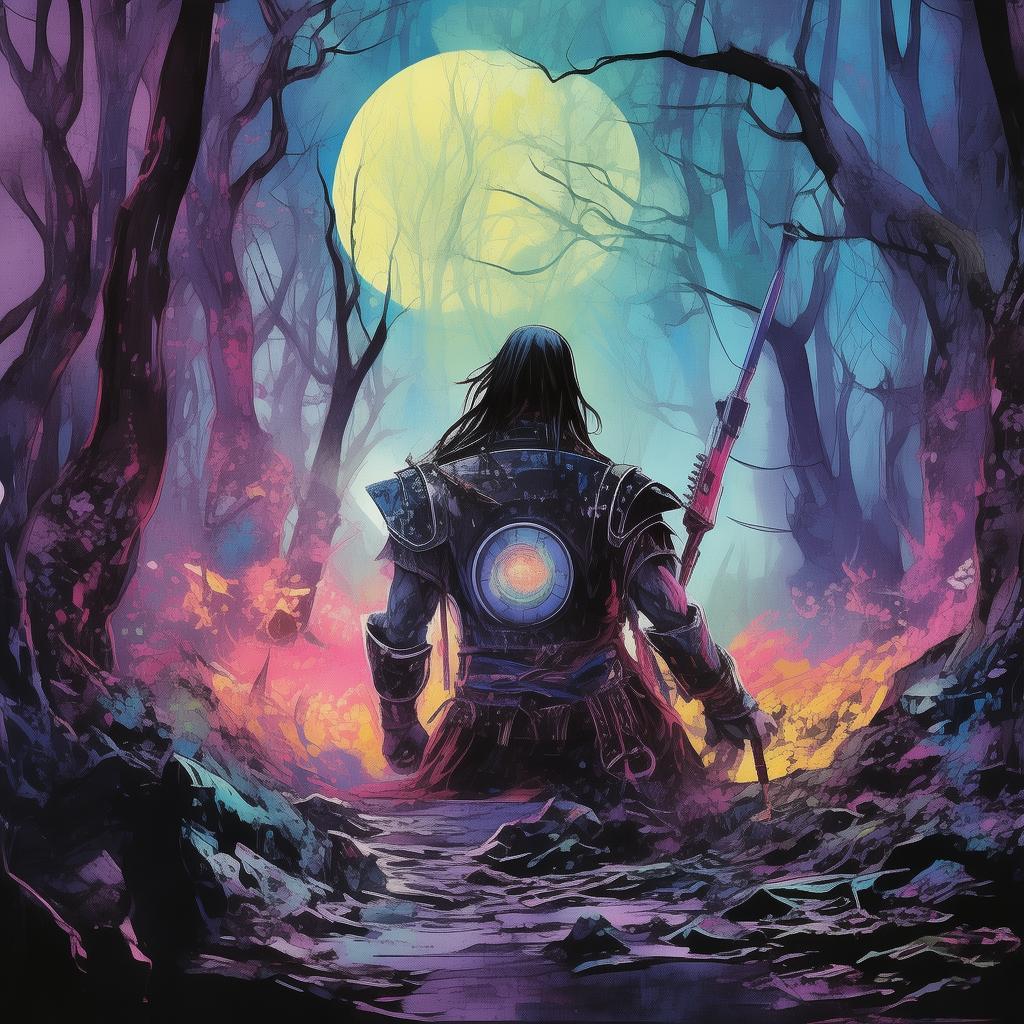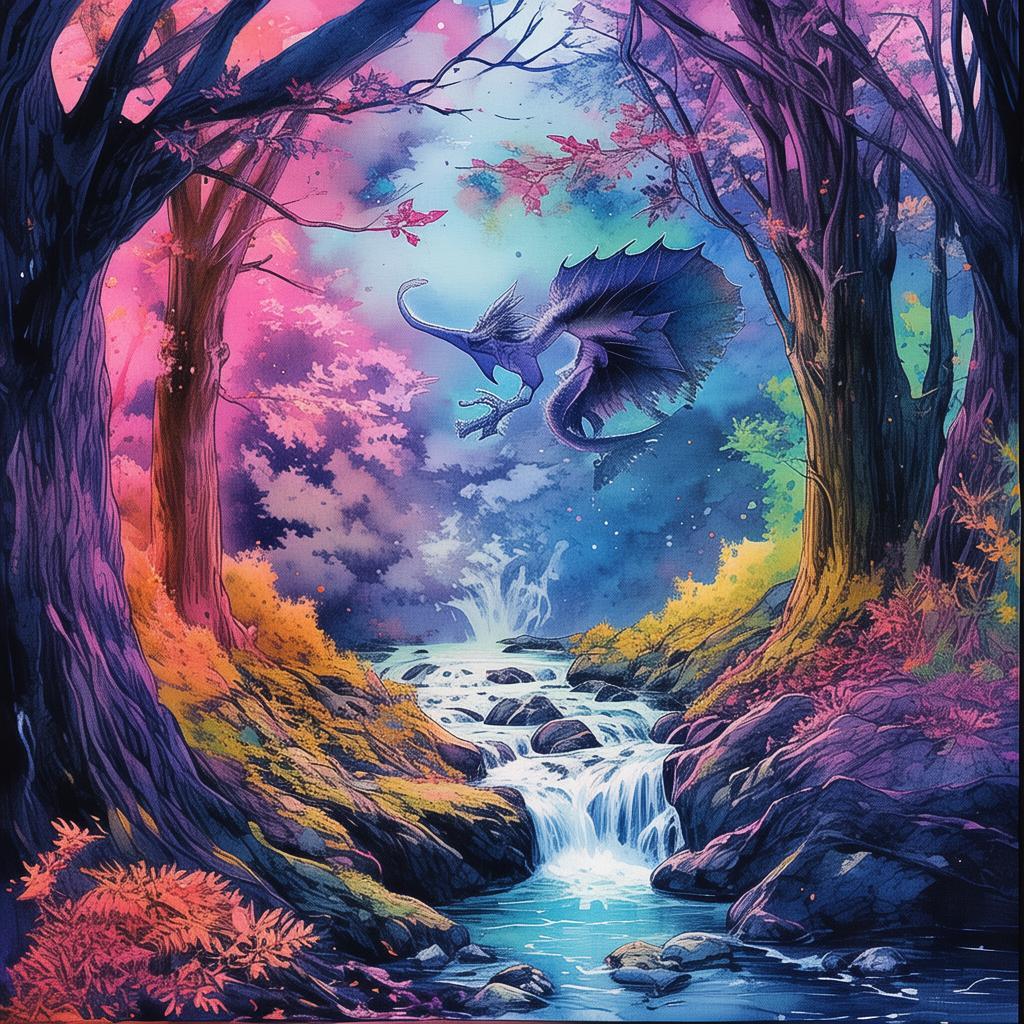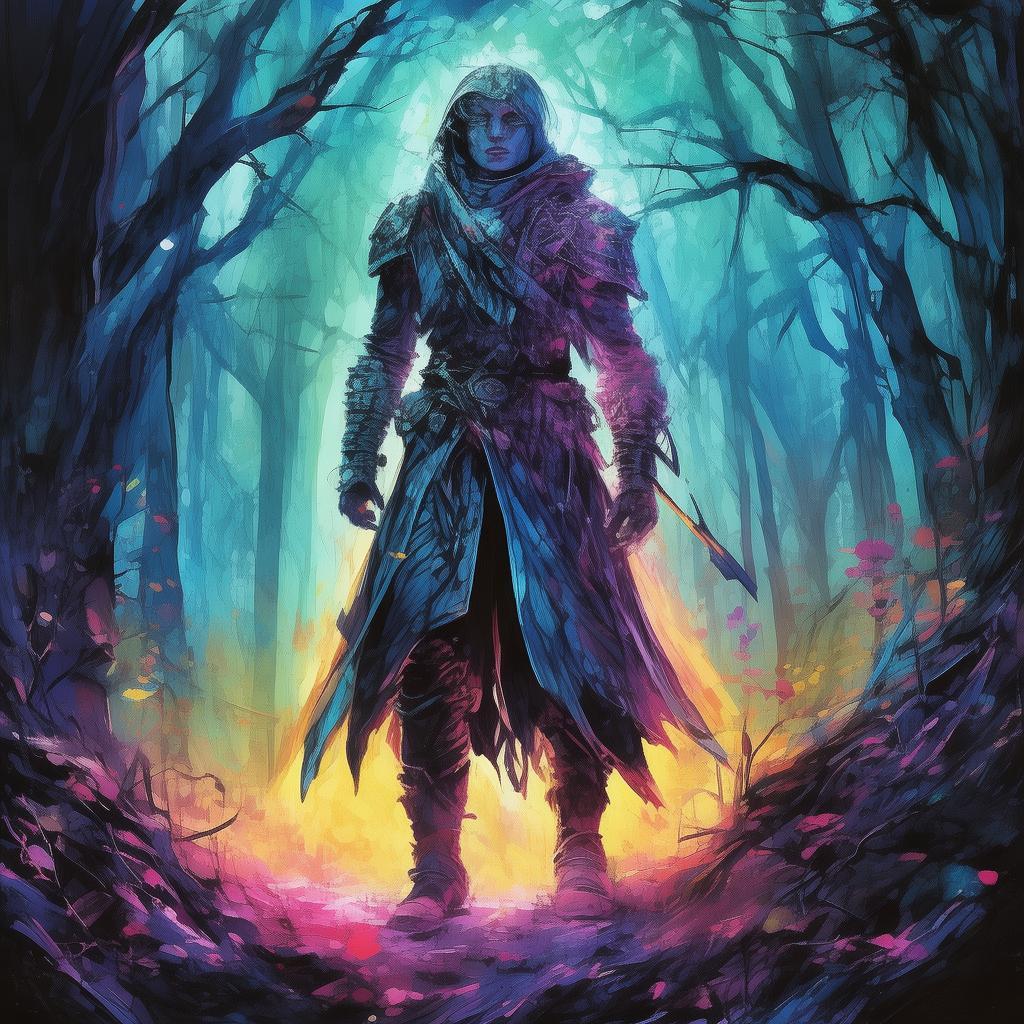Confucius and the Chrono-Wind of Change
In the heart of ancient China, where the whispers of the sages still resonate through the ages, there was a man whose teachings would shape the world. His name was Confucius, and he was not merely a philosopher but a sage with a mission: to understand the flow of time and its impact on humanity.
It was during the Spring and Autumn period, a time when the winds carried tales of ancient warriors and the wisdom of the ancients. Confucius, a man of profound intellect and gentle demeanor, was known for his teachings on propriety, ethics, and the path to a harmonious society. Yet, even he was not immune to the call of the unknown.
One evening, as he gazed upon the starry sky, a sudden gust of wind, more fierce than any he had ever felt, swirled around him. Confucius, a man unused to the whims of nature, felt an inexplicable urge to chase after it. With a leap of faith, he found himself in a clearing bathed in moonlight, surrounded by ancient ruins.
Before him stood an ancient, ornate box, its surface etched with symbols of time and change. Intrigued, Confucius approached it cautiously. With a touch, the box sprang open, revealing a scroll. The sage, ever the seeker of knowledge, unrolled it to find a map of a land he had never seen before—a place where his teachings were revered as sacred.
Intrigued, Confucius realized that this was no mere map; it was a key to a realm of time where he could witness and even influence pivotal moments in history. As he pondered the implications, the wind from earlier returned, this time carrying with it a voice that seemed to come from all around.
"Confucius, the wise one," the voice intoned, "you have been chosen to correct the chronicle. Your teachings have been misinterpreted, and the future of your world hangs in the balance. Use this gift to guide the course of history, for you are the Chrono-Wind of Change."
Confucius, ever the follower of destiny, knew that he could not turn back. With a deep breath, he stepped into the box, and the world around him shattered into a whirlwind of colors and sounds.
The first time he traveled was to the era of the Warring States. There, he found himself in the midst of a heated debate among scholars. Confucius, with his knowledge of history and his profound wisdom, listened intently, waiting for the moment to intervene.
As the debate grew increasingly heated, one scholar stood up and said, "If Confucius's teachings were truly understood, there would be no need for war. Harmony and mutual respect are the keys to a peaceful society."
Confucius, unable to contain himself, stepped forward, his voice resonating with authority, "My words have been twisted by those who seek power. I teach that the ruler must be just and the people must be treated with respect. Only through harmony can peace be achieved."
The scholars fell silent, and a hush fell over the room. Confucius felt a surge of hope, knowing that his words had reached the ears of those who could change the course of history.
But time was not kind to him. In his next journey, he found himself in the time of the Han Dynasty, witnessing the rise of Buddhism and its impact on the empire. Confucianism, he realized, was under threat. With a heavy heart, he knew he had to act.
In a grand hall filled with dignitaries, Confucius addressed the emperor, "Your Majesty, the teachings of Confucius are the foundation of a strong empire. Buddhism, while a noble path, cannot replace the principles of respect and propriety that your people hold dear."
The emperor, moved by the sage's words, nodded and decreed that Confucianism would be the state religion, ensuring that his teachings would continue to guide the empire.

But as he traveled further, Confucius began to see the consequences of his actions. In one journey, he saw the rise of a tyrant who used his power to crush the poor and the weak. In another, he witnessed a revolution that led to a new era of chaos and suffering.
Despondent, Confucius questioned the value of his time-traveling abilities. "Have I truly changed the course of history, or have I merely created a new set of problems?" he pondered.
One final journey awaited him, to the time of the Song Dynasty. There, he found himself in a bustling city, where scholars and artists thrived. It was a time of peace and prosperity, a testament to the harmony that Confucianism had brought to the land.
As he stood on the banks of the Yellow River, gazing upon the horizon, Confucius realized that his journey had been a test of his own wisdom. He had not changed the course of history; he had guided it with the same principles that he had taught for centuries.
With a newfound sense of peace, Confucius returned to his own time, the box of time-traveling now a relic of the past. He had learned that the true power of his teachings lay not in altering the past, but in inspiring others to live according to them.
As he shared his experiences with his disciples, they understood the true essence of Confucius's wisdom. Time, they learned, was a river that could not be changed, but it was the present that one could shape with wisdom and compassion.
Confucius, the Chrono-Wind of Change, had returned to his time, his mission complete. And so, the teachings of the sage continued to guide humanity, ensuring that the future would be shaped by the principles of harmony and respect that he had championed throughout his life.
✨ Original Statement ✨
All articles published on this website (including but not limited to text, images, videos, and other content) are original or authorized for reposting and are protected by relevant laws. Without the explicit written permission of this website, no individual or organization may copy, modify, repost, or use the content for commercial purposes.
If you need to quote or cooperate, please contact this site for authorization. We reserve the right to pursue legal responsibility for any unauthorized use.
Hereby declared.
